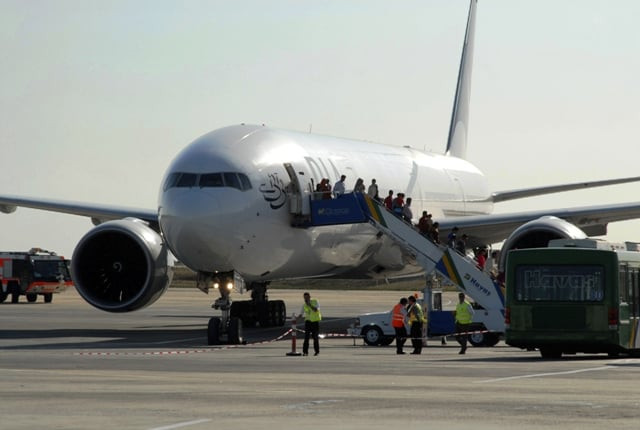Grounded
There are two actors at fault: PIA itself & the Civil Aviation Authority (CAA), which is supposed to regulate PIA.

There are two main actors at fault here: PIA itself and the Civil Aviation Authority (CAA), which is supposed to regulate the airline. One huge mistake PIA made was to contract only one company to buy all its spare parts when it would have been better to keep multiple vendors close to the international locations where PIA operates. This way, fewer flights would be delayed for technical reasons as spare parts could be more easily obtained. In the long run, PIA has to get itself on a sound financial footing. That means taking on the unions and downsizing the staff. The unions also cannot be allowed to stop sensible deals like the one that would have allowed Turkish Airways to take over some of PIA’s routes. By spending so much on unneeded staff, PIA is cutting corners when it comes to safety and is unable to make a dent in its Rs100 billion debt.
Safety will only improve once the CAA starts doing its job. Regulatory oversight in the country is weak, mainly because the CAA is staffed with many ex-PIA employees. An undeniable conflict of interest exists when employees of PIA go on to work for the very agency that is supposed to monitor the airline. The CAA must be unafraid to ground the airline’s fleet if safety concerns call for it. Under the current revolving-door policy, that is unlikely to happen. That means that PIA must be trusted to get its own house in order, something that is unlikely to happen on its own given the decades of mismanagement that led to this point.
Published in The Express Tribune, December 20th, 2011.















COMMENTS
Comments are moderated and generally will be posted if they are on-topic and not abusive.
For more information, please see our Comments FAQ